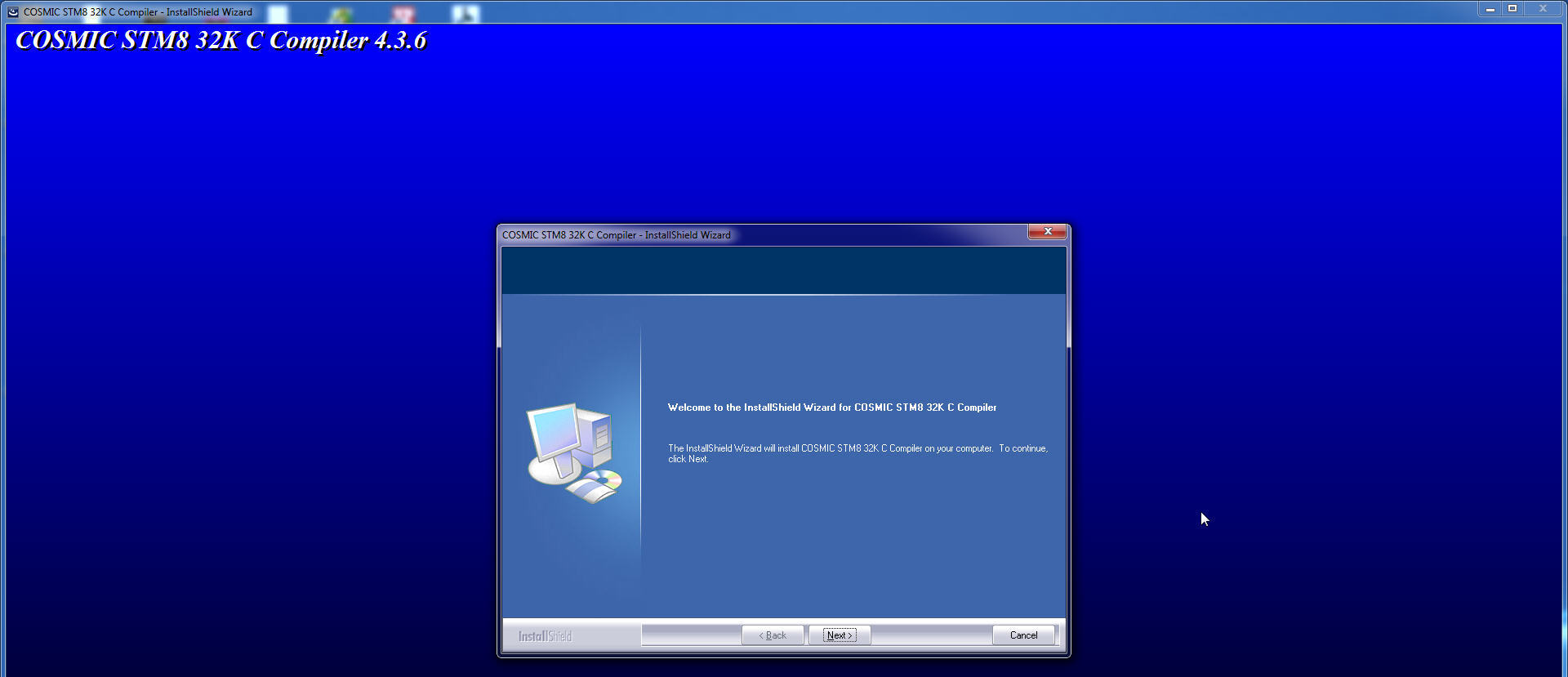

SDCC: SDCC 4.0.0 from the end of January 2020. So I’ve given it a try on Ubuntu 14.04 with the simple goal of blinking the TEST LED on the board. There are currently multiple C implementations targeting the STM8: Cosmic: The comparison uses the STM8 Free Special Edition 4.4.11, the current version as of end of February 2020. This compiler can be used on Windows using MinGW or CygWin Linux. The GNU system was developed to be 100 free software, and it is efficient with both 32-bit and 64-bit operations.
STM8 FREE C COMPILER HOW TO
To get started with STM8 on Linux, I found some information on ColeVision website where they explained how to run Drystone on STM8/128-EVAL board using SDCC as the compiler, and stm8flash to program the board. GNU C/C++ Compiler (GCC, g++) (Free) GNU GCC is another powerful C/C++ compiler originally written as the compiler for the Unix, Linux and GNU operating system. To do so, I had to solder a 4-pin header on the side of the board. It comes with 4 wires that need to be connected to RST/NRST, 3.3V, SWIM, and GND.

ATTENTION: Download the file and next write me an email and ask me the password for: STM8S-StartUp. STVD + Cosmic C Compiler (32K free version) Here there is the project ready to use (Ref.Cod. within 2 to 3 weeks.īut due to a lost package, the programmer took nearly 3 months to reach me, as the seller had to re-send after I failed to receive it within 2 months. In this tutorial there is a Step By Step that explain how to start to develop a new program on STM8S. So I decided to buy the board on eBay for $1.62, as well as an ST_link V2 programmer for STM8 / STM32 for $4.52 in order to flash the firmware. However, one of my reader informed me SDCC (Small Devices C Compiler) supported STM8, and development in Linux should be feasible.
STM8 FREE C COMPILER CODE
Links to documentation and source code were provided, but development tools were only Windows based. In January, I discovered there was such thing as a one dollar development board based on STMicro STM8S103F3P6 8-bit MCU with 1KB SRAM, 8KB flash, and 640 bytes EEPROM, some GPIOs as well as I2C, UART, SPI, ADC, and PWM signals.


 0 kommentar(er)
0 kommentar(er)
